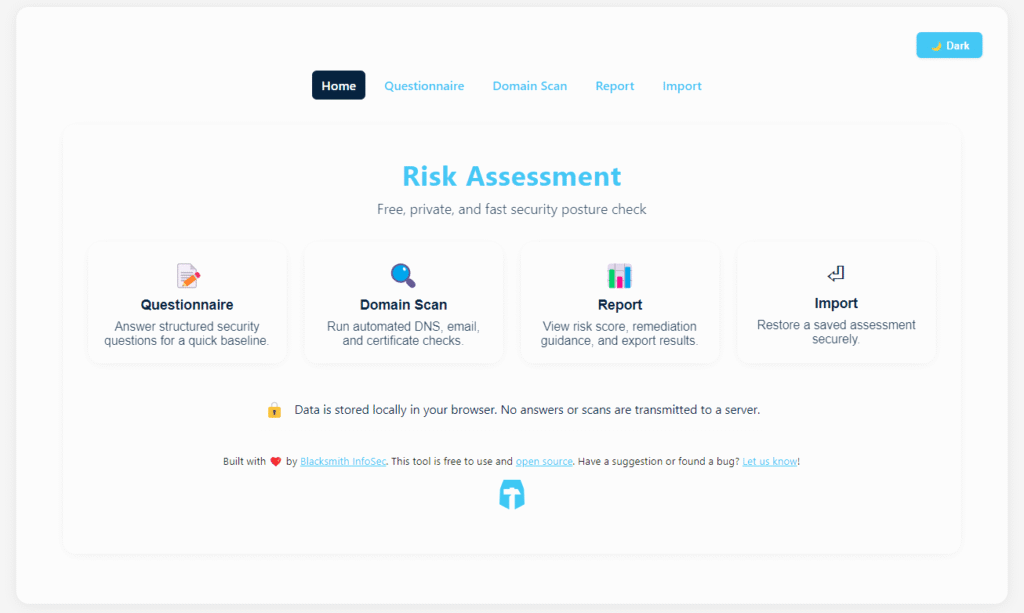
As you know, managing compliance has become a growing challenge for organizations across industries. With complex regulations like HIPAA, NY DFS, the SEC security rule, and others requiring strict adherence, many businesses are struggling to keep up.
That’s why more companies are turning to managed service providers (MSPs) for much-needed help. MSPs offer technical expertise and a deep understanding of compliance requirements, giving businesses the tools and guidance they need to stay compliant while focusing on growth.
By partnering with a managed IT provider, organizations can navigate the complexities of compliance with confidence, minimizing risks and avoiding costly violations.
Why Are MSPs Considered Go-To Compliance Partners?
Expertise in technology and security: MSPs stand out as compliance partners due to their specialized knowledge in managing IT systems and protecting sensitive information. With a solid grasp of complex compliance standards, they are crucial for businesses navigating industry regulations.
Ability to offer proactive solutions: The modern MSP doesn’t just solve problems as they arise — it prevents them. By offering proactive solutions such as continuous monitoring and vulnerability management, managed IT providers help businesses stay ahead of compliance issues before they become costly problems.
Forging Trust: MSPs are in a unique position to partner with businesses, understand how businesses operate, and become the trusted partner to enhance business processes through technology while providing the cybersecurity needed to keep it all running safely.

Core compliance services MSPs can offer:
Risk assessments:
Risk assessments are the foundation of any compliance plan. MSPs identify vulnerabilities and threats within a company’s infrastructure, providing clear recommendations to address those risks. MSPs can also transfer risk management practices from client to client to help bring visibility to a risk a client may not be aware of.
Policy development:
From data handling to access control and disaster recovery, policies are essential for maintaining compliance. MSPs assist in creating, implementing, and enforcing these policies to ensure regulatory standards are met and the risk of non-compliance is minimized.
User training:
Compliance is not just a technology issue—it’s a people issue. MSPs deliver targeted cybersecurity training to educate employees on how to protect data and adhere to compliance protocols, reducing the risk of human error.
Continuous monitoring and reporting:
Compliance requires vigilance. MSPs provide ongoing monitoring and real-time alerts, as well as detailed reports, to help businesses stay compliant as new cyberthreats and changes arise.
What Do End-Users Expect from MSPs?
It’s not really an option anymore; MSPs are expected to play a critical role in helping businesses meet and maintain compliance with industry regulations. Their responsibilities often include:
● Understanding relevant regulations: MSPs must stay well-versed in laws and applicable frameworks to advise clients effectively and align their services with compliance requirements.
● Conducting risk assessments: MSPs are expected to identify vulnerabilities and risks within a client’s IT infrastructure and provide detailed recommendations to mitigate them.
● Developing and enforcing policies: MSPs should help create, implement, and enforce comprehensive policies around data security, access control, and disaster recovery to ensure regulatory compliance.
● Offering continuous monitoring: MSPs are responsible for continuous system monitoring to detect potential threats or non-compliance issues. They are also expected to provide real-time alerts and regular reports to keep businesses informed of their compliance status.
● Providing user training: To prevent accidental compliance breaches, MSPs are expected to educate a client’s staff on best practices in data protection and security through tailored training programs.
● Proactively managing compliance: Beyond reacting to issues, MSPs should offer proactive solutions like patch management, system updates, and vulnerability assessments to prevent compliance violations before they occur.
● Documenting compliance efforts: MSPs must maintain proper documentation of compliance activities, including system audits, incident reports, and risk mitigation efforts, to ensure their clients can provide proof of compliance if audited.
When MSPs Struggle to Monetize Compliance
Many MSPs struggle to monetize compliance services, leading some to opt out of offering compliance at all. If compliance seems too complex or costly to implement, an MSP may decide to ignore the issue, leaving a critical gap in their service offerings.
Others may attempt to provide compliance services but struggle with profitability. They may underprice their services, underestimate the time and resources needed, or fail to create clear value propositions that justify the costs to clients. This can lead to financial losses or dissatisfied clients who feel they aren’t getting enough value for the price.
Blacksmith InfoSec addresses these challenges by helping MSPs streamline, productize, and scale compliance services, making it easier to integrate into their existing stacks. By providing a low-cost tool that makes compliance management a turnkey matter, Blacksmith InfoSec empowers MSPs to offer Compliance-as-a-Service in a way that’s both scalable and profitable.
MSPs can confidently deliver risk assessments, customized policies, and user training without overextending resources, all while demonstrating clear value to clients. This approach not only boosts the MSP’s revenue potential but also enhances customer trust and satisfaction, allowing MSPs to turn compliance from a burden into a profitable service.



